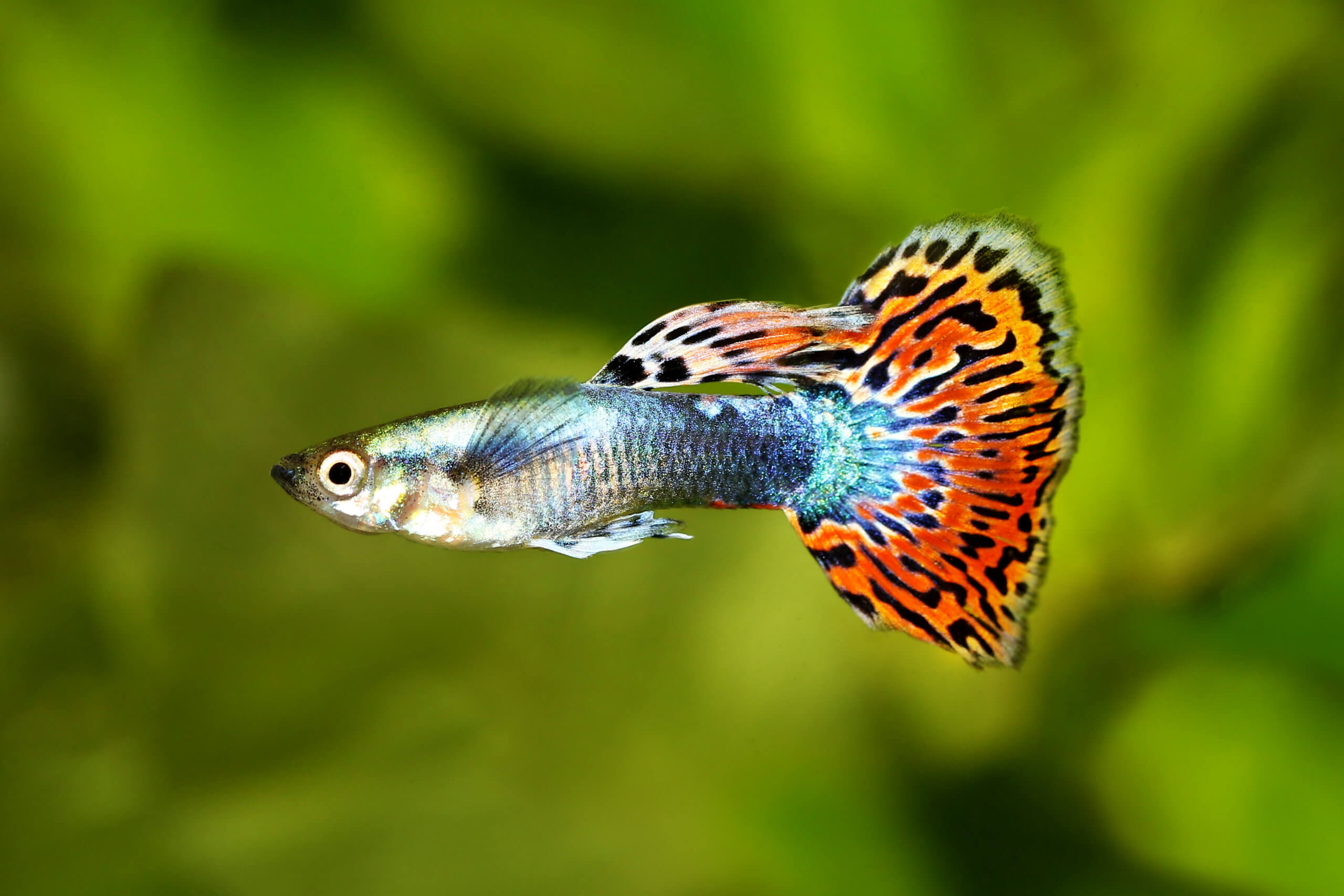Guppies usually come to mind when thinking about aquariums, not biology or ecology. In science, however, they have been the main event. Over the years, studying guppies has become an integral part of evolution research. The same still holds true today for the colorful fish.
Back in the 1950s, evolution researchers analyzed guppies by taking them out of their natural environment with lots of predators, and putting them in environments without them. Over time, their genes and characteristics evolved to reflect adaptation to the low-predator environments. “And it’s repeatable. They evolve in many of the same ways almost every time,” says Sarah Evans, an associate professor at Michigan State University, in a statement. A research team including Evans and Sarah Fitzpatrick, an assistant professor in Michigan State University’s Department of Integrative Biology, has taken this a step further by analyzing how microbes affect host health in terms of survival and overall quality of life.
Evans and Fitzpatrick want to enhance the understanding of the biggest factors that influence microbiome changes as organisms evolve. This is because there could be a number of reasons for these changes, like gut shape, a new environment, or diet changes. “Given that we know guppies evolve really fast in parallel ways, we could ask how does the microbiome change as guppies evolve,” Fitzpatrick adds.
To do this, the team of researchers returned to the same sites studied years ago and sampled microbiomes of native fish, as well as fish brought into the environment from other areas anywhere from five to 60 years ago. Through analysis alongside Brazilian researchers from Rio de Janeiro State University, they found that the guppies’ microbiome changed as a response to their environment quicker than physical traits and genes. However, when comparing the native fish and transplanted fish, they found that the gut microbiomes didn’t match although their functions were similar. Despite these differences, their microbes were doing the same things.
For Evans and Fitzpatrick, their work has answered plenty of big picture questions regarding host-microbiome responses. Beyond this, some reviewers of this publication are even wondering to what extent these findings can be applied to other species and natural environments.
On the other hand, some critics have shared their thoughts on how utilizing guppies for this type of analysis can possibly leave too much room for error since the work is done in nature rather than in a controlled laboratory.
“There’s power in having that in-between,” Evans responds. It’s this teams’ hope that their publication sparks more conversation and similar research efforts to help further gut health understanding.
The study was published in Proceedings of the Royal Society B.
